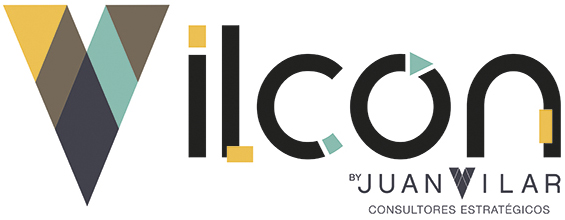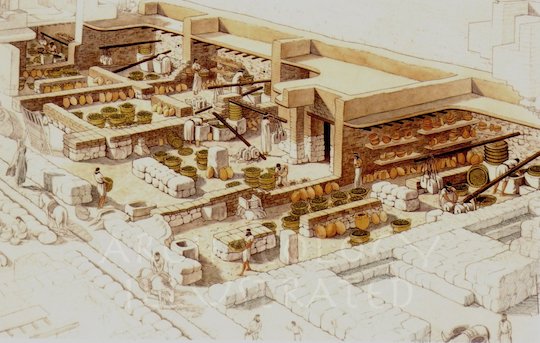Ekron was one of the five ancient cities of the Philistine Pentapolis, which was located southwest of Canaan. In the 12th century BC it was a large, well-structured and fortified city that was had been present for over 200 years and had occupied the entire area of the present day city of Tell.
The Philistines are known to be an invasive population in the Middle East, who mainly came from the Aegean Islands, Greece, Sardinia and Spain. They settled along the eastern Mediterranean coast, a strategic enclave where agriculture, livestock and trade were highly developed.
The great growth and magnitude of the city of Ekron is mainly due to the economic support that came from EVOO production and trade. Research has revealed the presence of a staggering 115 olive oil mills in the city.
These mills had a homogeneous distribution arranged in three rooms. There was one made for grinding for which they used cylindrical stones (Italian), another for the separation and storage of the oil with wicker baskets and jugs and a third room that was connected to the street and was destined for the textile industry and its trade. In this way, the space reserved for the oil mill had multiple purposes, being used for the extraction of the Olive Oil during the harvesting and milling season, and for commercial purposes during the rest of the year.
It is estimated that during this period, Ekron produced around 500 tons per year, which undoubtedly made it the city with the highest EVOO production in the ancient world, and the highest number of mills. One could even call it the Jaén of the Iron Age.
For many centuries and millennia to come, EVOO will remain the legacy of many historical cities all around the world.

